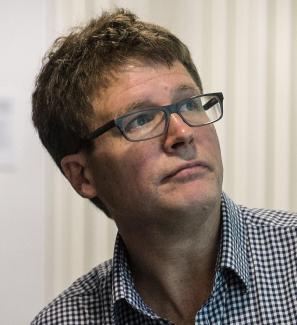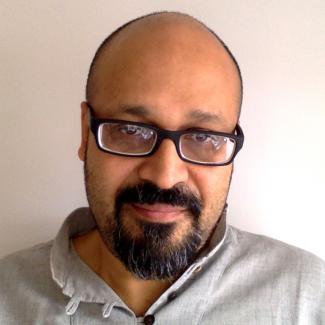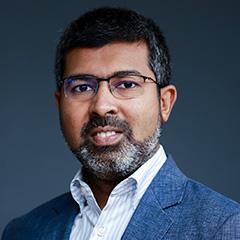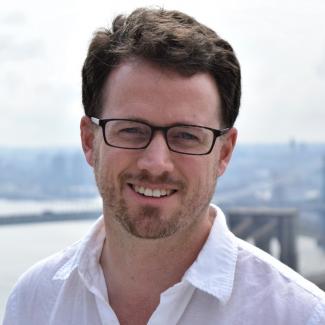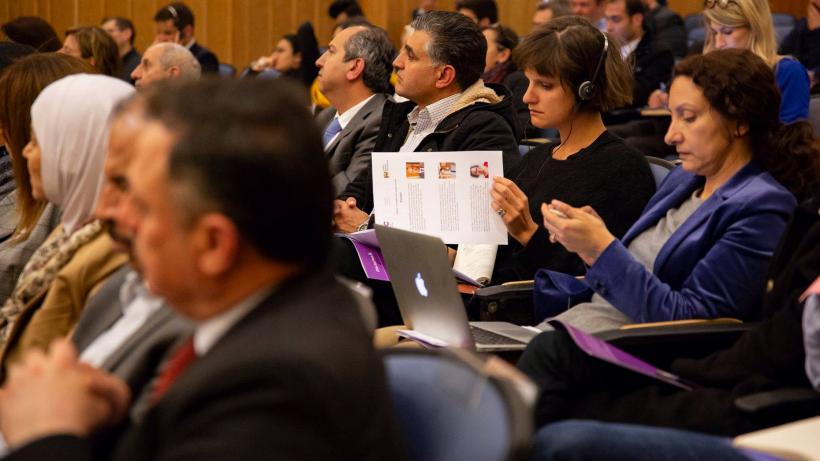
Why do people stay poor?
In discussion will be LSE researchers Robin Burgess and Oriana Bandiera, who have spearheaded one of the world’s longest running and largest Randomized Control Trials (RCT) on how to create real policy solutions to the policy trap, alongside BRAC leadership who are putting research into action. They will highlight the current science behind understanding the poverty trap and a vision for a successful, scaled poverty alleviation programmes.
Recent research indicates there is a wealth threshold below which people are stuck in the so-called ‘poverty trap’ – where the initial wealth of a person and a system of oppression keeps them in a cycle of poverty rather than abilities or traits.
Recent research indicates there is a wealth threshold below which people are stuck in the so-called ‘poverty trap’ – where the initial wealth of a person and a system of oppression keeps them in a cycle of poverty rather than abilities or traits.
Extreme poverty is often defined as living on less than $2.15 (recently updated by the World Bank from $1.90) but the multidimensional nature of it goes far beyond a lack of income. If we know why people stay poor, it is urgent to identify solutions that effectively empower people and communities in situations of poverty. This is the mission of BRAC – a southern-led international non-profit organisation which has changed the way policymakers think about poverty. One critical idea of BRAC, the Graduation approach, aims to achieve large-scale, positive changes through a holistic, sequenced set of interventions that allow vulnerable households to progress along a pathway to sustainable livelihoods and resilience.
In discussion will be LSE researchers Robin Burgess and Oriana Bandiera, who have spearheaded one of the world’s longest running and largest Randomized Control Trials (RCT) on how to create real policy solutions to the policy trap, alongside BRAC leadership who are putting research into action. They will highlight the current science behind understanding the poverty trap and a vision for a successful, scaled poverty alleviation programmes.
Research and policy action can combine to help the world’s most vulnerable improve their socioeconomic resilience by providing effective solutions for poverty alleviation and tailoring programmes such as the Graduation approach to adapt to build resilience for the most severe impacts of climate change. Together, researchers and BRAC can outline a vision for the future of poverty alleviation in a changing world.



